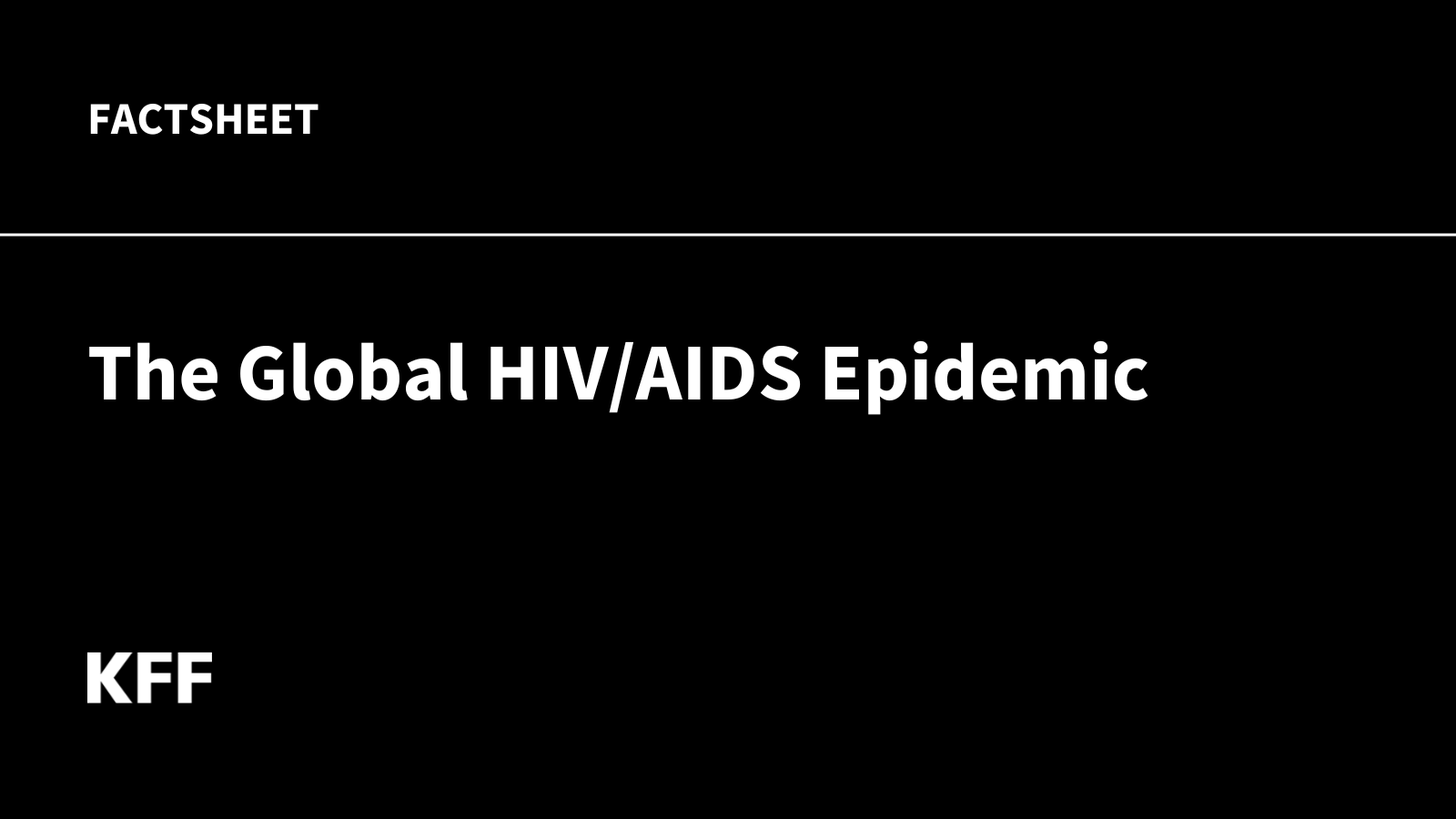Healthcare leaders are forced to make difficult decisions every day, and, even with the best of intentions, can easily fall into a trap of “ethical erosion.”
SCAN Group CEO Sachin Jain, M.D., is aiming to sound the alarm on this trend, encouraging leaders to find a “moment of clarity” to identify when actions they’re taking may ultimately do patients or members more harm than good.
Jain has held roles across the healthcare system—providers, payers and pharma—where he’s seen this idea of ethical erosion firsthand and fallen victim to the trap himself, he told Fierce Healthcare in an interview.
“Candidly, I think so many sectors of healthcare are so focused on self preservation,” Jain said. “And so we have a focus on evolution rather than a focus on revolution, a focus on incrementalism rather than a focus on a true problem-solving.”
“I think we also, we ought to hold a mirror up to ourselves, myself included,” he said.
There are multiple examples of this in practice across sectors, Jain said. For example, a provider who frequently prescribed opioid prescriptions likely did so with the genuine goal of treating a patient’s long-term pain. However, extended exposure to those medications can lead to abuse down the line.
Or take a pharmaceutical company that’s bringing a blockbuster product to market. The new drug holds promise and hope for individuals with a complex condition, but it’s priced out of reach for many.
And health plans generally process claims with the goal of managing cost and ensuring patients receive the appropriate treatments, but denials can prevent vulnerable people from accessing critical care at the moment they need it most, he said.
“Everyone thinks they’re doing great things for people, but oftentimes are blind to the unintended consequences of some of the things that we think are actually helping people,” Jain said.
Jain dug further into this idea of “ethical erosion” in his regular column for Forbes. In that piece, he said this erosion generally starts with a small action, like a single claims denial, that a leader or healthcare worker may justify as just the way of things in the industry.
Making that justification once makes it easier to do it in the future, Jain wrote.
So what can healthcare leaders do to identify if they’re falling into “ethical erosion” in their own work? For one, Jain said it’s key to acknowledge that there’s a culture of “toxic positivity” in healthcare, “which is this idea that everything we do improves everyone’s lives without any cost to them.”
It’s also critical to think about the incentives at play and how they can impact day-to-day functioning of healthcare organizations. Jain said people operating with “a poor ethical compass” will naturally seek to be more “extractive” in their healthcare work.
“We have a lot of extractive segments in healthcare, and we have a lot of incentives to be extractive,” Jain said. “There’s not enough deep reflection on even whether or not the mission is actually just in the first place.”
Publisher: Source link










